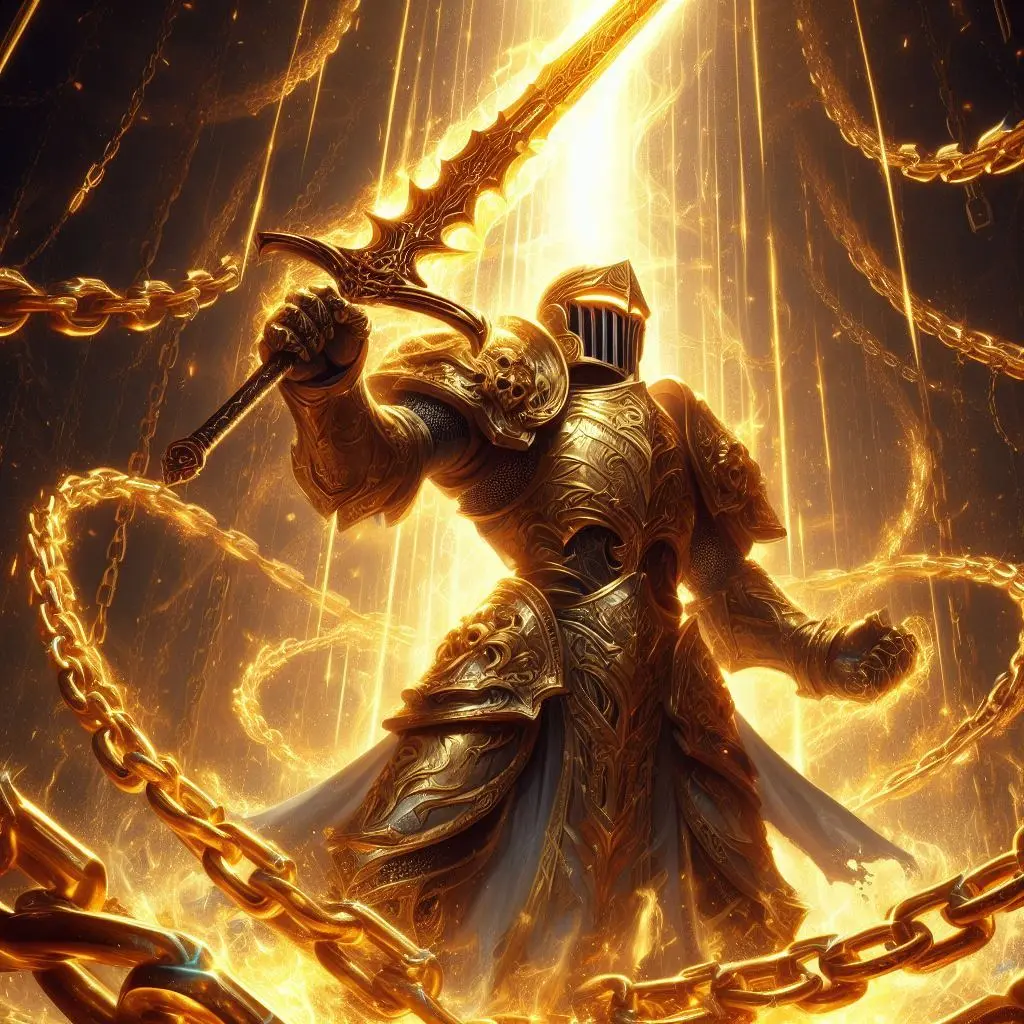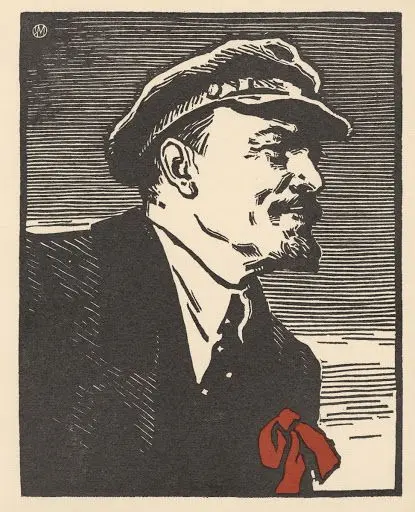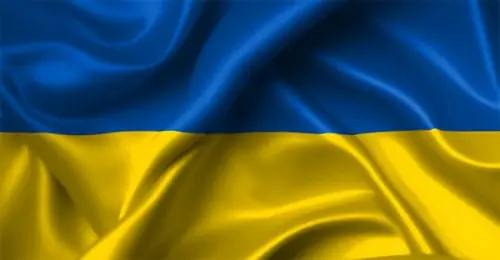Finished The Alloy of Law by Brandon Sanderson. Book 1 of 2nd era of Mistborn. This was a very interesting book. Set about 300 years after the first era. The changes in the world, and to learn about some of the characters, it was all very interesting, and I am very glad that I re-read the first era before reading this.
Finished Five on a Treasure Island by Enid Blyton. The book was surprisingly good. I quite enjoyed it, and it didn’t even feel old.
My kid is already on book 5. So, highly recommended your for your 9-12 year olds.
What about all of you? What have you been reading or listening to lately?
There’s a Midyear Bingo check-in post, do take a look. Even if you haven’t started this year’s Book Bingo, you can still join, as there are still 6 months remaining only 5 months to go!
For details, you can checkout the initial Book Bingo, and it’s Recommendation Post . Links are also present in our community sidebar.
I’ve been going through the nights watch series of discworld books, I need a funny distraction from all this bullshit in the real world.
Their commentary on the common person thinking a king will fix everything is too fitting though, especially now…
Ho boy. It’s a good read, but I wouldn’t count on it being distracting. Be prepared to be confronted with potent reflections of the bullshit.
But in a funny way.
Definitely, but also in a very real way. And those real problems seem bleaker when you don’t see a Vimes in the real world to fix them.
- Finished Hyperion - excellent tale all round and I am impressed with Simmons’ breadth of styles within the each of the pilgrim’s tales. To me, the open ending was perfect and since there seem to be some division around the later books and they way that they resolve the mystery, I will leave it there for now. I may return to the other ones at some time though.
- Finished Project Hail Mary - which has a lot in common with Dennis E. Taylor’s Bobiverse books in overall approach. I suppose that they could be termed ‘procedural’ SF, with the focus being on the resolution of successive problems. Intellectually rewarding, but with limited emotional engagement, I found. It was certainly entertaining, and I enjoyed the worldbuilding but, between this and the Bobiverse, I far preferred the latter.
- (Re)Started Consider Phlebas - I had started this a few years back, but put it aside for some reason and never resumed. I can just about recall the overall scenes, but none of the detail. I have never read any of the other Culture tales and am eager to get to grips with these books. So far it is taking a while to develop, but I only started it a couple of evenings ago.
I think the second Hyperion book rounds out the story nicely. I’ve never read about what is said online but I listened to both a couple of times, loved them, but never felt the need to read any further than that.
Agreed! The first novel is by far the most unique and the second is a nicely paced sequel. The third and fourth books have a drop off in quality but I still really like them as sf novels in their own right. Much more tame in style and execution. Simmons is an interesting author to say the least.
Consider Phlebas isn’t really characteristic of the Culture series as a whole—don’t hesitate to start somewhere else if you tried Phlebas before and it didn’t hook you. (They all work as stand-alone novels, with just a few tangential recurring characters.)
Yes, I had read that they were all stand alone and I may do, but I will give CP a while longer before I do. I don’t dislike it, but following PHM, it is a rather different pacing.
I agree with you, also The player of games is a lot more accesible as a first book in the series. I’ve never read the last three books though, at some point I decided I had enough SF for a while.
Completely agree with this and the other comments, except I wouldnt really recommend anyone start with Inversions (because you’ll miss all the explicitly-unstated context) or Look to Windward (as it is essentially a sequel to Consider Phlebas). Absolutely love the Culture series, you can really see how Banks was just trying stuff out with the various books. Use of Weapons and Player of Games are phenomenal, in particular.
I’m about done with Character Limit, it’s about Musk’s takeover of Twitter. It’s super fascinating, an absolute page-turner. If that whole shitshow remotely piques your interest I’d recommend it.
This looks interesting. Adding it to my list.
Finished the Bobiverse series. It was a nice read, but I don’t think the last one leaves room for another book in this series. I’m gonna start “all systems red” by Martha Wells next, see how that goes. I’m not to sure about the novella format though, I like doing a little longer with a story.
I did Bobiverse and Murderbot straight through a few months ago. They pair nicely!
I also caught up on the Bobiverse recently! According to his website, Taylor plans at least ten books, though I see what you mean with the most recent having few leftover threads to follow.
Cleveland, William L., and Martin Bunton. A History of the Modern Middle East (Boulder, Colo.: Westview Press, c. 2016), 6th edition
Nicholas Riasanovsky and Mark Steinberg, A History of Russia (Oxford University Press, 2019), ninth edition
Gatrell, Peter. Russia’s First World War: A Social and Economic History. London: Pearson Educated, 2005.
Booker T. Washington, Up From Slavery
Karl Marx, The Poverty of Philosophy
All except the last one are for school and I have not finished them but I they are much less dry than I expected.
I love history, but that feels like too much history at once.
Which of these is most enjoyable?
Currently the poverty of philosophy is the most fulfilling work but if it is your first marxist literature I wouldn’t recommend it. Second best Russia’s first world war.
Finally read Animal Farm. My takeaway was that any form of government eventually devolves to corruption. Despite having read the last lines in the past, was surprised when it ended.
About to finish A Short, Sharp Shock by Kim Stanley Robinson. It’s a bit surreal, not sure where it’s going, but it’s a quick novella.
Love his writing, but damn, the Mars trilogy burnt me out on geography. I have a fair vocabulary, but Robinson must have majored in the subject.
I have these on tap if anyone cares to comment. Guy on reddit shared his Gdrive ebooks with me years ago, these sounded interesting.
Read Eifelheim a couple of times, downloaded it because I don’t have a good copy. It’s a fascinating look at how crash-landed and ill aliens are treated in Medieval Germany. The author is sometimes a little heavy-handed with the, “did you know this was the origin of this belief\word\thing\whatever?!” But yeah, I did not know those things and it was a great learning experience.
Children of memory by Adrian Tchaikovsky about 75% of the way through. What if jumping spiders and octopodes and slime mold and ravens evolved Human level intellect 9/10 series would recommend again.
The second in that series is one of my all time favourites.
We’re going on an adventure.
I also just recently finished book 3. Book 1 is phenomenal and somehow book 2 was even better. I definitely liked 3 the least but still really enjoyed it. The horror of book 2 was incredible. I was getting 11/10 heebie jeebies.
I’m currently reading Planetary Omnibus, one of my absolute favorite graphic novels ever, before starting The Dragon Reborn, the third book in The Wheel of Time series, by Robert Jordan.
The Wheel of Time is a bit curious to me. Even though the books are long, they feel a bit too dense, meaning it feels like there’s constantly something happening with no breathers, and new characters and concepts are constantly being introduced. I’d love if Jordan took a bit more time to paint the picture, so to speak. No wonder I’ve forgotten almost all of it in a few decades. But despite all that, I’ve really liked reading the books so far. I might finish this series yet.
WoT is the greatest of all time for me but man is it a labor of love at times
How’s Planetary? Just looked it up, it’s by Warren Ellis, he is also behind Transmetropolitan, and I just couldn’t get into it.
Well, my opinion might not help you much, since I also love Transmetropolitan. But then, I also love Hunter S. Thompson’s work.
Planetary is not much like Transmetropolitan, though. With Planetary, what I like the most is this sense of mystery. It’s hard to describe. Planetary offers plenty of scenarios that open questions, only a few of which are ever answered, and that is kind of the point and appeal of it. It’s also heavily intertextual, with a lot of references to other books, stories, comics and real events. It is, in fact, a study of the importance of stories in shaping our world, and our relationship with the stories we tell ourselves and each other. It’s also a cool detective story with super heroes. It is many things. It is very sombre compared to the jocular Transmetropolitan.
So yeah, I love Planetary. I suggest maybe reading a few chapters to see if it grabs you. Can’t hurt, can it?
I’m about 600 hours in on https://wanderinginn.com/. Just started book 8. Really enjoying the series. I still have hundreds of hours left in the series. I started reading it years ago and went to the audiobook. Feels pretty good.
Now I know how people feel like with their soap operas 😆.
I have been thinking about starting a new webnovel, this looks like a good option, have heard it mentioned a few times.
There’s no way to buy ebooks for anything other than kindle though, so if I get into it, would have to find some way around that.
I was able to get it on the kobo. I’m not sure what you mean by anything other than kindle?
Well, there was only amazon link, and it said “kindle format”, I assume that meant it’s only for kindle?
Ah gotcha. It’s hidden but you can have Amazon give you the ebook format. You may need to look that up. That’s what I do with all my ebooks I can’t get directly from the author.
If they give you their proprietary format you can use Calibre as well.
Ah okay, thanks! I generally don’t buy much ebooks so am a bit oblivious about this. My very short e-collection is pretty much all public domain and direct from author books.
And yeah, Calibre is great, use that to connect / transfer books to my very old reader.
Nice! Yeah direct from author or open publisher is the best. Thats why I like bean free library so much…
Oh, didn’t know about Bean Free Library, thanks for the mention!
Just finished Grant and Sherman: The Friendship That Won The Civil War.
Puts into perspective the brilliance of both men, and how utterly prickly Sherman was.
Does it require any knowledge of the Civil War?
Not particularly. If you don’t know any of the background of the Civil War, you certainly won’t learn it from the book, but as long as you have a rough idea where the major US states are, the narrative is easy enough to follow.
Thanks for the info!
Got a batch of W40k books. Finished “Brutal Kunning”, working on “Da Big Dakka” right now. Orks are brutal, hilarious, and almost philosophical at times, and I’m enjoying the stories from their perspective because they’re the only ones really enjoying their lives in 40k (besides the poor grots…)
Nice. Recently got Eisenhorn omnibus, my first foray into W40K books. Haven’t started it yet though.
Assuming I like the series, any recommendations where to next after that?
I’m new to the books myself, but the general consensus I’ve seen online is to read about the factions you’d like. That’s why I picked Orks :) I got through a few chapters of Eisenhorn and it’s, so far, not quite as action packed as the Ork books I’ve finished but IMO has much better world and character building.
Heh. Okay, let’s see how the world is, can take a look at overall book list after that.
Reading right now „Déjà Dead“ from Kathy Reichs. It‘s so good that i already dreamed of it last night … but it was a nightmare xD
I read (part of?) this a few years ago, but it wasn’t for me. However, your comment reminded me that it might be something for my wife, so it helps out!
I’m listening to “the light of all that falls” which is the third book in this trilogy by James Islington.
It’s an interesting fiction with a couple of good magic systems, there’s a lot of world building to take in, tons of places, characters, the concept of watching each other’s memories, seeing into the post and future. Can be a bit hard to follow at times but it’s engaging enough
Yes! The Licanius Trilogy is one of my all time favorites. Partially it just hit me at the right time, but I also think it has a lot to offer on its own. It might not be the most original series at times, and there is a particularly odd part near the end of the series that felt underdeveloped, but overall I love the world, characters, and story. Definitely one of my favorite endings for a fantasy series too.
I have been reading Anathema by Neal Stephenson. I’m about a fourth of the way through and it’s been great. I’ve read two or three of his other books which I’ve really enjoyed. Cryptonomicon became one of my favorite books. But so far this has been up there as something that may top that, it’s been pretty good so far. I hope it ends well.
Anathem is one of the strangest and most rewarding books I’ve ever read. I absolutely love it. Like many of his other works it is a TOME but totally worth it. I did Termination Shock already this year and it was really cool. I hope you enjoy the rest of Anathem, it’s a helluva ride!
Anathem really benefits from having some background familiarity with western philosophy, and Plato’s theory of Forms/Ideas in particular. If you’re fuzzy on that, you might want to do a quick review before you get too far into the book.
Yeah, that’s good advice. I actually knew the book had something to do with that. But after the first chapter or two, I did go back and need to review some of that, as it’s been a while since I’ve taken a philosophy class. And I’m glad I did because some of the chapters I’ve read now I think made a bit more sense with that fresh on my mind.
Currently half way through Morningstar, third book of Red Rising by Pierce Brown. I think I’ll have it finished roughly a week from now and then move on to the fourth book. Still enjoying the series, and it’s nice to be able to talk to my wife about it as she’s on Lightbringer. There’s quite a bit of overlap with what we read, but she tends towards cozier books than I do, and I’ll listen to stuff like the darkstar trilogy which I think she wouldn’t enjoy at all






